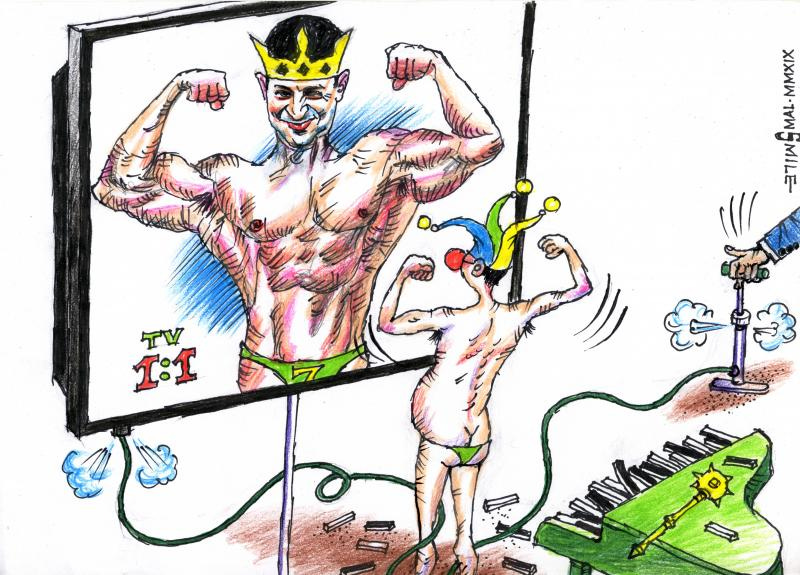Z's new clothes
Normal rules no longer apply
Many supporters of Ukrainian President Volodymyr Zelensky secretly believe that he is not even remotely qualified for the presidency, but they continue to entertain this possibility because their fellow citizens and the media and politicians seem to be doing so.
In logic, there is a subtle but important distinction between the concept of shared or mutual knowledge — information that everyone (or almost everyone) knows — and common knowledge, which is not only knowledge that (almost) everyone knows, but something that (almost) everyone knows that everyone else knows (and that everyone knows that everyone else knows that everyone else knows, and so forth).
A classic example arises from the president’s five and a half hour press conference: the fact that Ukraine’s supreme commander-in-chief is a pathological liar had been mutual knowledge in Ukraine, but not common knowledge, because lots of people (save, eventually, for a small child) have refused to acknowledge Zelensky’s culpability for…


